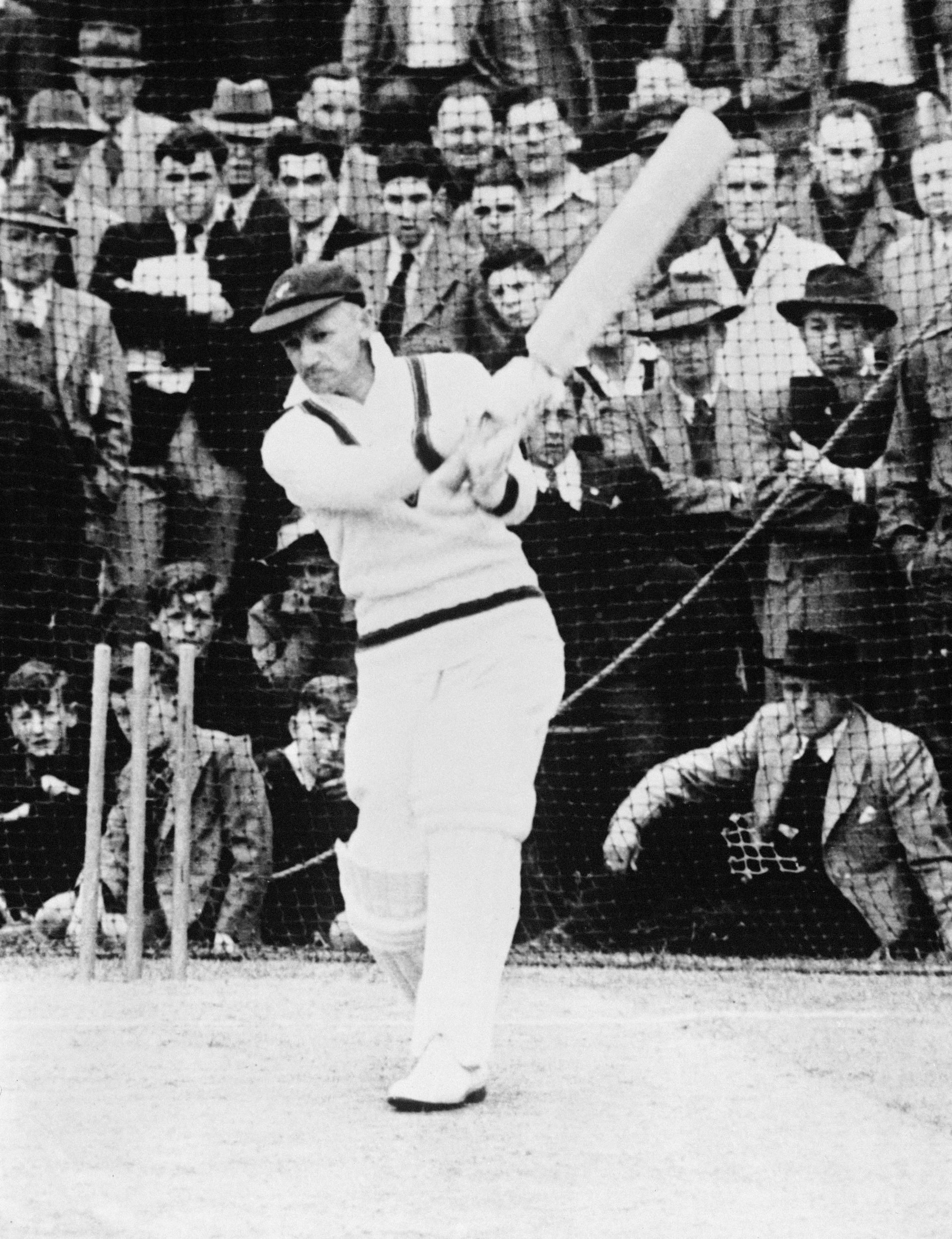
How Don Bradman’s magnificent batting brought solace to the people during the Great Depression

While Don Bradman was making his entry into the record books, a significant event that was to cast its shadow for more than a decade was occurring on the other side of the globe.
The United States of America experienced great prosperity in the 1920s, post-World War I. They saw soaring exports and booming stock markets, but much of the shares were bought with borrowed money.
This bubble that had consequently been created, burst on October 29, 1929, a day that came to be known as ‘Black Tuesday’. The stock market on Wall Street collapsed. Countless fortunes were lost.
The ripple effect engulfed the United States, and then the world. Banks failed, businesses and factories closed, and international trade came to a virtual standstill.
The markets kept plunging and bottomed out after three years. It is30 million people are believed to have their jobs, half of them in the United States. Australia too took a big hit as nearly one-third of the people found themselves out of employment, and the Gross Domestic Product (GDP) declined by as much as 25 percent.
The Great Depression had set in. It was a period of great economic hardship that lasted more than a decade.
Bradman delighted with his bat exactly during the decade of the Great Depression
It was exactly during this time leading up to the Second World War that Bradman regaled the crowds with his magical 2 lb 2 oz bat. People thronged to the grounds to watch his run-sprees, as much as to forget their own miseries. His deeds brought solace to the multitude that watched, heard or read about his exploits.
Australia had the added glee of giving a hiding to the imperial masters, who protected the interests of their own merchants at the cost of the toiling masses. The impact of Bradman’s peerless accomplishments went far beyond providing entertainment and transmitting the joys of sporting excellence.
His record-breaking feats helped lift, at least temporarily, the gloom in people’s lives, and enabled them to escape into a less depressing world. With darkness all around, Bradman was one bright light that offered hope and instilled the courage to battle on. For many, Bradman became the very reason and purpose for their existence.
Someone who has come close to replicating the joy is India’s Sachin Tendulkar. There has not been a more loved character in recent times in cricket than Tendulkar.
When it was later pointed out to The Don that he had helped so many cope with the pain of the Great Depression, he merely replied:
“I don’t know. I was too busy playing cricket.”
Indeed, he was, and so focussed was he on the field that the only things that mattered to him were runs on the board and victories for his team.
(Excerpt from Indra Vikram Singh’s book ‘Don’s Century’).